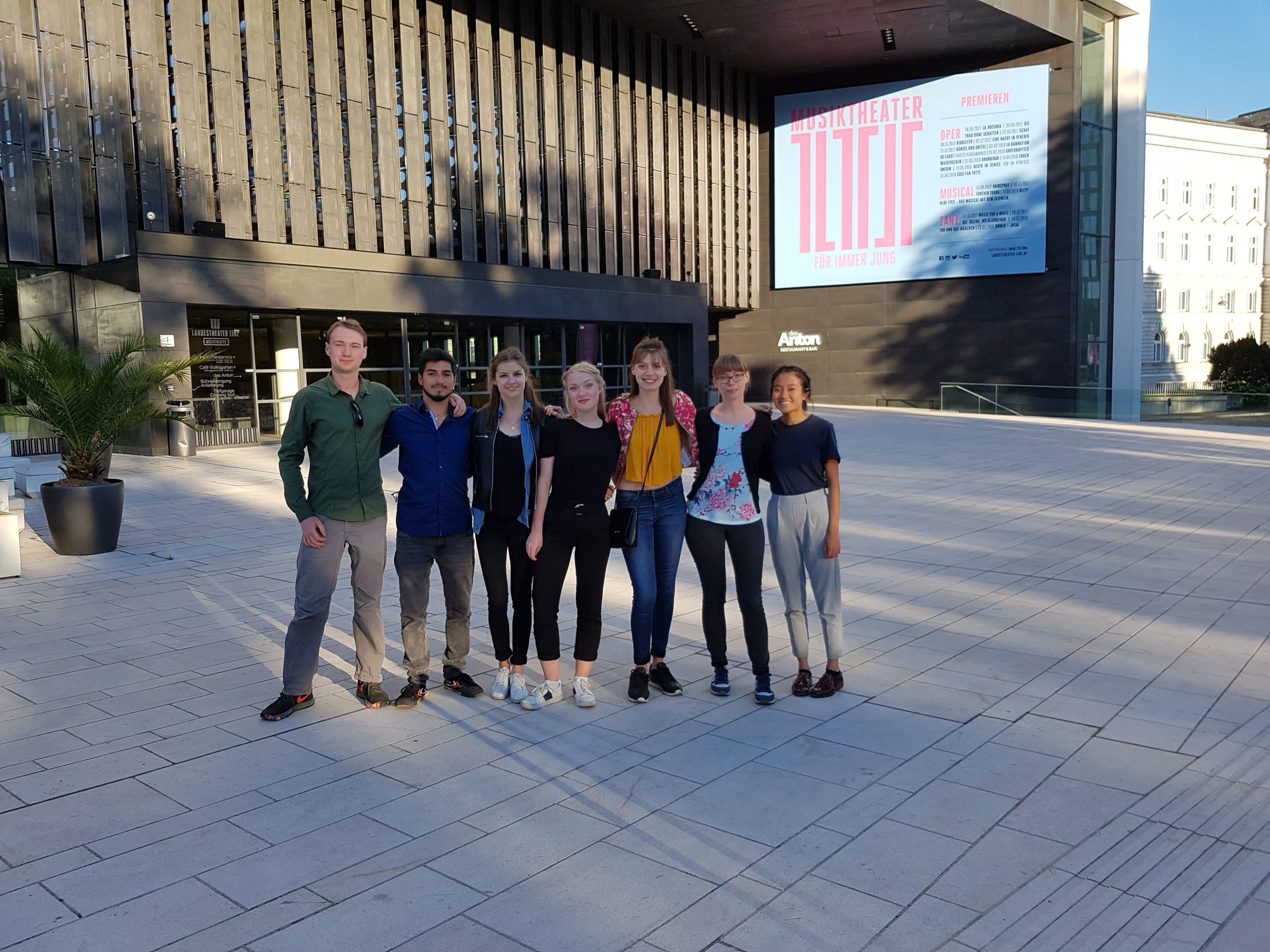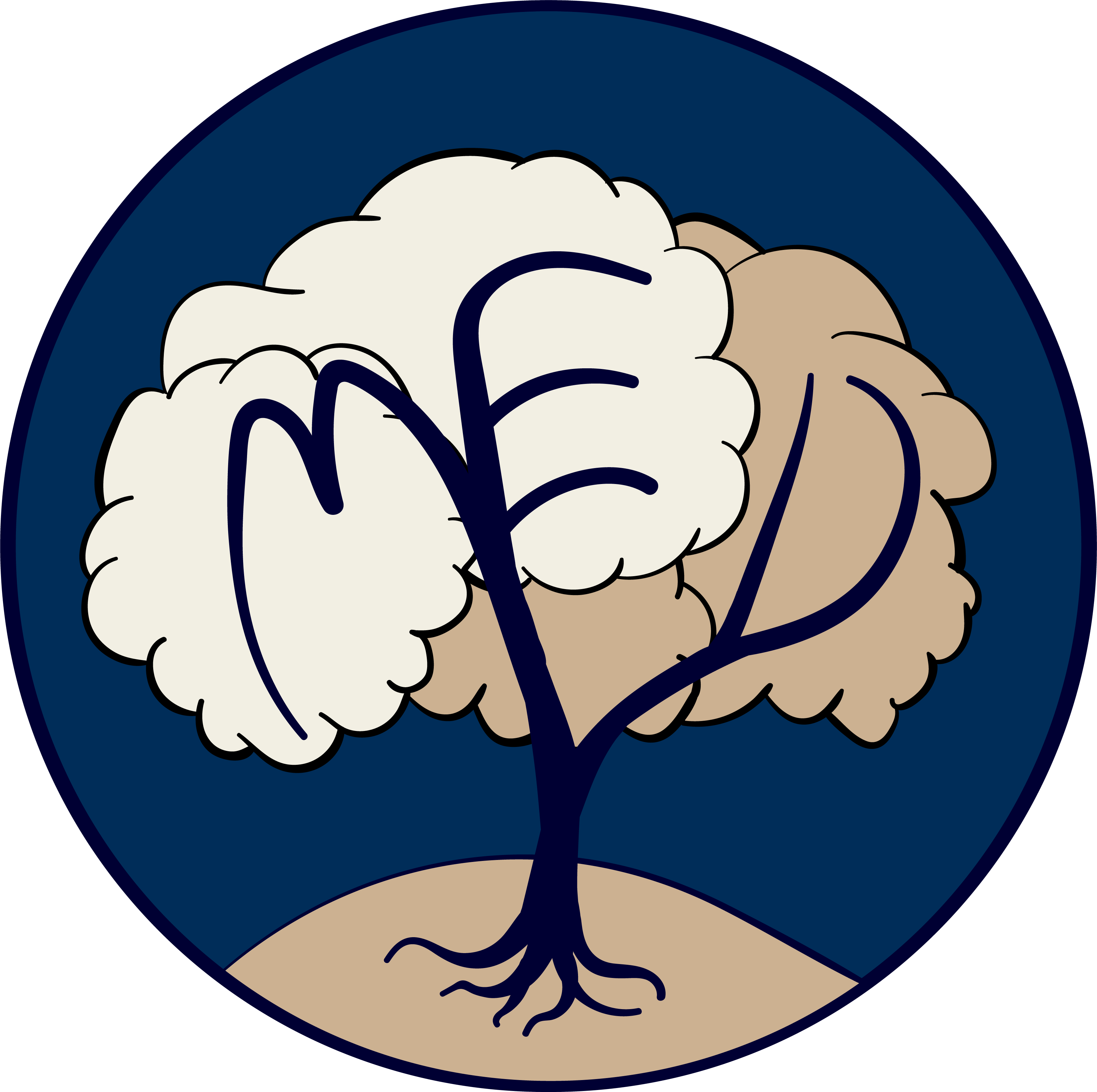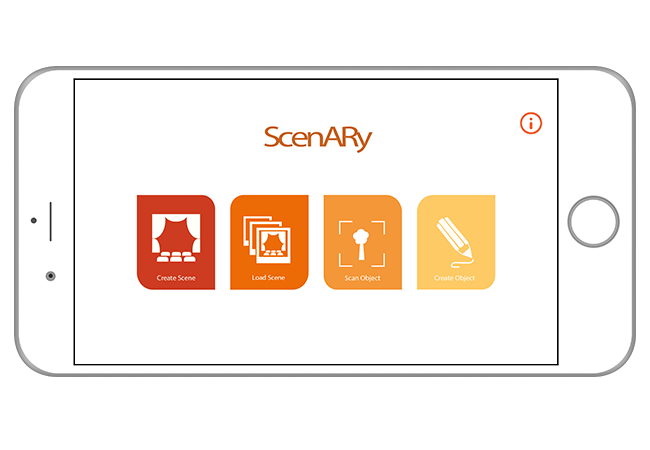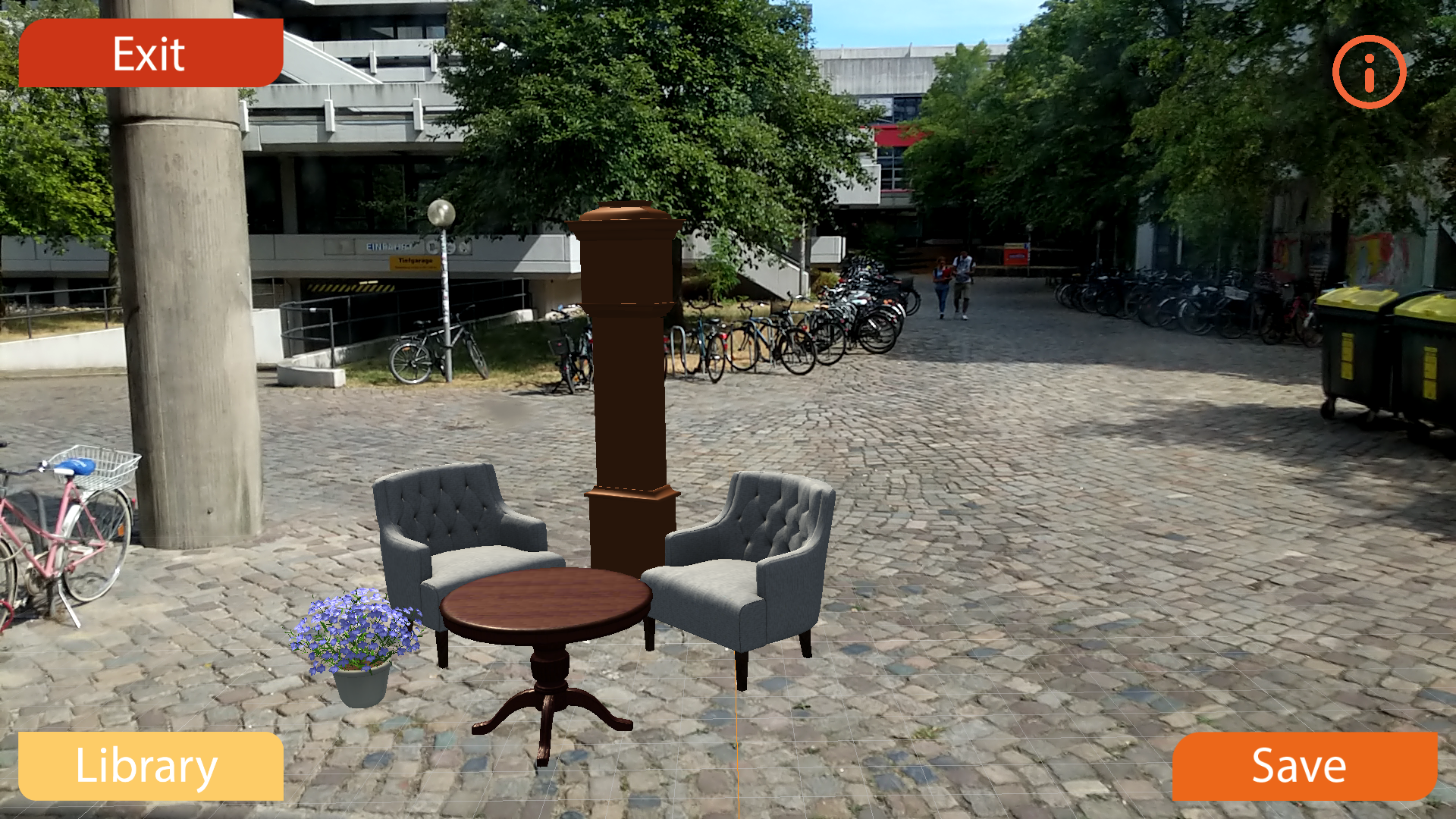
Video abspielen
ScenARy - Group Project
ScenARy is a set design editor which was especially developed for the communication between the director, stage designer and actors. The focus is on a fast and easy visualization, so that all participants can share their ideas and requirements with each other. – It doesn’t matter whether the participants are in a meeting room at a table or directly on stage on the set. This is possible via the mobile application for smartphones and tablets, which works with Argument Reality. For the design of the scenes ScenARy offers a library with 3D objects, as well as the function to create 3D objects easily. It is the 3-dimensional sketchbook for the theatre production. This is a project of eight students which was developed in collaboration with first.stage.
The main functions of ScenARy is the creation of scenes and the addition of 3D objects. For creating scenes two Argument Reality functions have been implemented. For the creation of virtual scenes directly at the stage set a virtual layer in the room can be defined on which virtual objects can be placed. If the team is currently in a meeting, playing cards on a table can also be used for creation. For this purpose the virtual objects are fixed to the real playing cards via app and can be positioned dynamically with the playing cards. In general it is possible to save and reload these scenes to continue working on the inside.
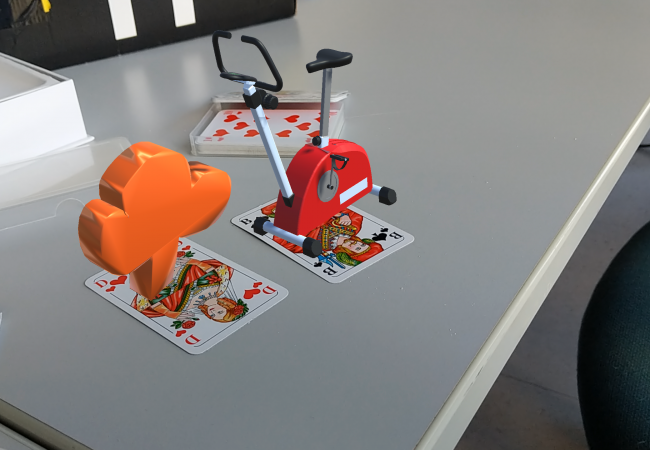
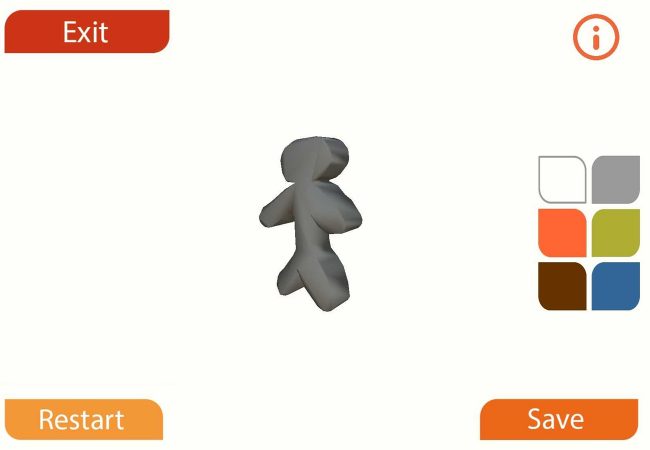
There are also two ways to create new virtual objects for the scenes. On the one hand, objects from reality can be recorded with a 3D scanner and then imported into ScenARy. On the other hand ScenARy offers the possibility to create internal virtual objects. Therefore a 2-D object is drawn first and then it is automatically converted into the 3rd dimension. Afterwards it is possible to define the color and width of the object.
For the implementation of this project, the SzenARy team has organized itself into flexible subgroups to solve specific tasks. In order to keep the structure and the current status clear for everyone, we have introduced a daily scrum. I mainly worked on developing the user interface and making it responsive for smartphones and tablets. I was also involved in the development of the Object Editor. One of my single tasks was to develop a user-friendly tutorial. This works live and can be activated or deactivated in any situation by clicking the info button. This makes it easy to understand how to use ScenARy without interrupting the workflow.
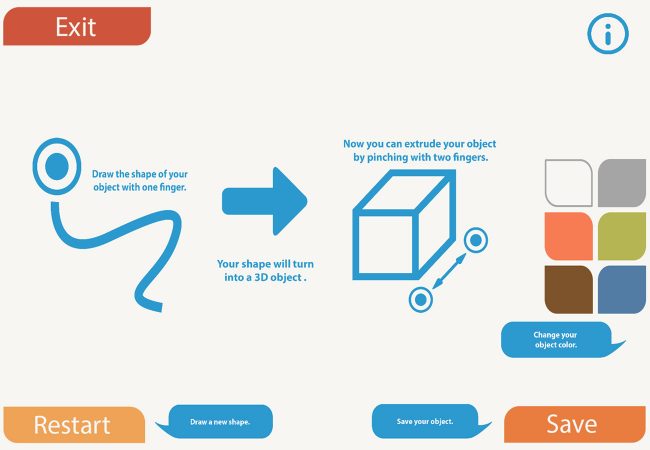
The whole ScenARy team was involved in the conceptualization of this project. So we had the opportunity to evaluate our prototype in the Landestheater of Linz and get feedback. At the same time we were given an insight into the production in the theatre. So we had evaluations with an director, an actors, a lighting technician and a stage designer.
For me, it was really a great experience to work as a team of media designers, media computer scientist and computer scientists on a joint project. We were able to complement our skills and learn from each other to further develop ScenARy and ourselves. At the same time we were able to get impressions from the work of other teams like the first.stage project University Bremen and the Landestheater Linz. Here again a big thanks to fist.stage and the Landestheater Linz, as well as Wikitude which provided us with the Argument Reality SDK.
